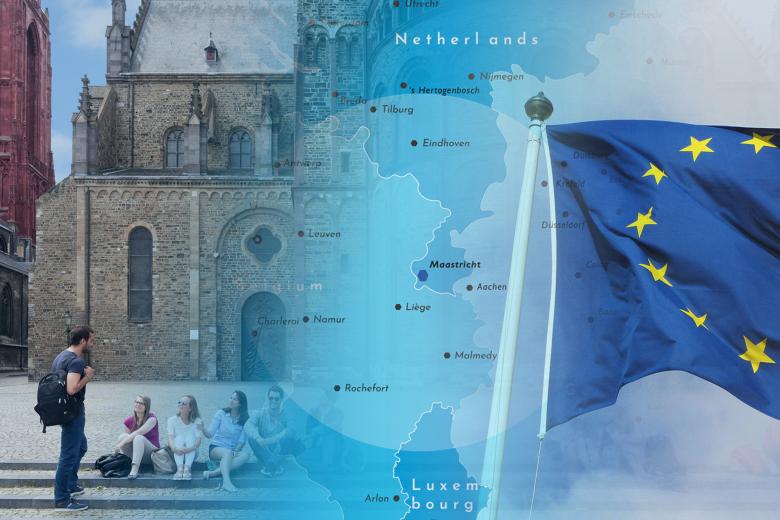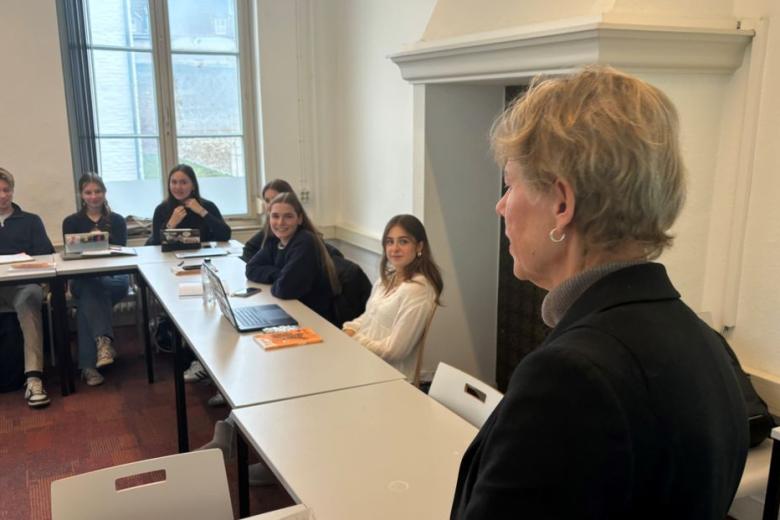UM and the political debate on internationalisation
Internationalisation of education, and specifically the influx of international students, is a hot topic in Dutch politics. As the most international university in the country, Maastricht University closely monitors developments. The guiding principle for UM remains: an international university in a highly international and ageing border region is both natural and essential. Appropriate regulations and international orientation are essential to prevent the devastation of education in Limburg, you can read more about this in this press release.
For the Netherlands as a whole, the number of international students has significantly increased in recent years. Universities themselves also aim for a good balance in the intake of both Dutch and international students, which can prevent issues such as housing problems due to rapid growth. Customisation is the guiding principle: each university has its own profile and operates in a region with its unique challenges.
This applies to Maastricht University as well: an international university with a unique profile, deeply rooted in an international region. The diversity of our community – both students and staff - is of great value to ourselves and our surroundings. As an international university, we continue to play our role as a driver for socio-economic development in the region.
What will exactly change in government regulations for the influx of international students and the distribution of English-Dutch as the language of instruction in the coming years is uncertain. We will keep our UM community and prospective students informed. Below, you will find the most current news and updates on this matter.
Read this position paper with information about UM as a socio-economic powerhouse for the Netherlands in Europe.
FAQ
In this FAQ, we attempt to answer a number of frequently asked questions:
Are international students still welcome at UM?
What about the other Dutch universities?
Does UM face similar accommodation problems?
Why are international students so important to UM?
Will an exception be made for UM in the new measures?
Will there be a limit on the number of international students?
Will studying for international students become more expensive?
Will Dutch now become the main language of instruction?
Will UM offer courses in Dutch? What are the costs?
What is going to happen next?
UM is grateful for the richness and diversity provided by its international staff, students and study programmes—and the ensuing endless supply of inspiring stories.
Read these stories here.



